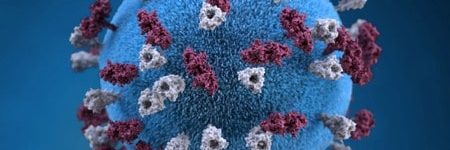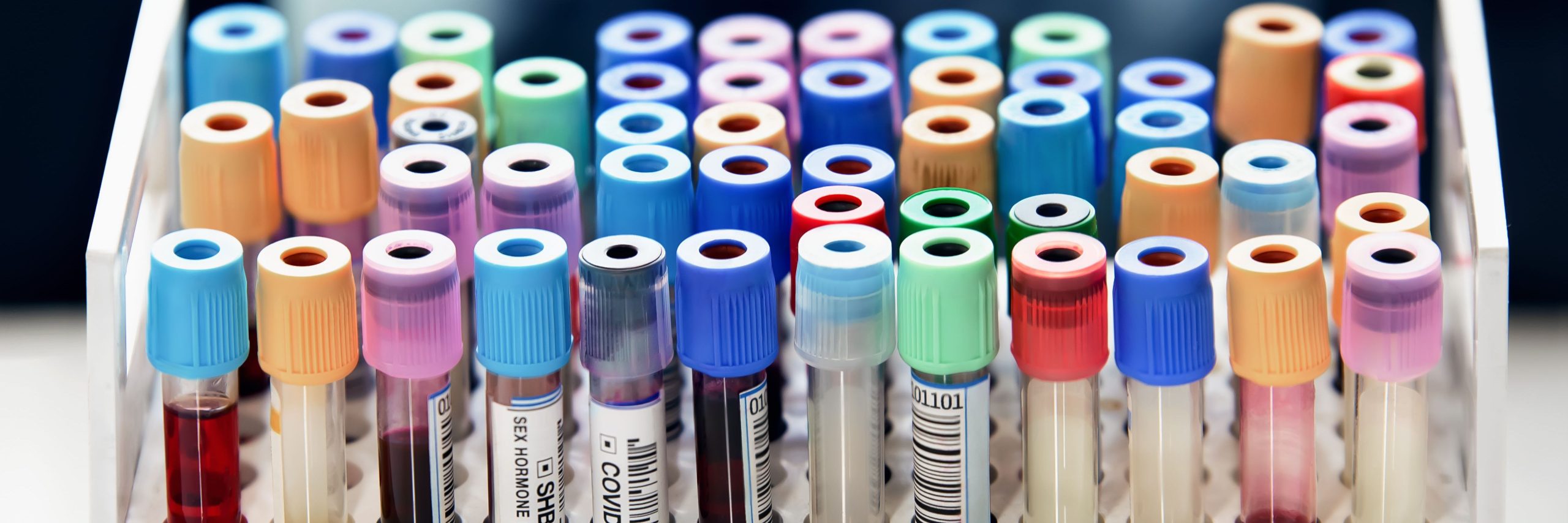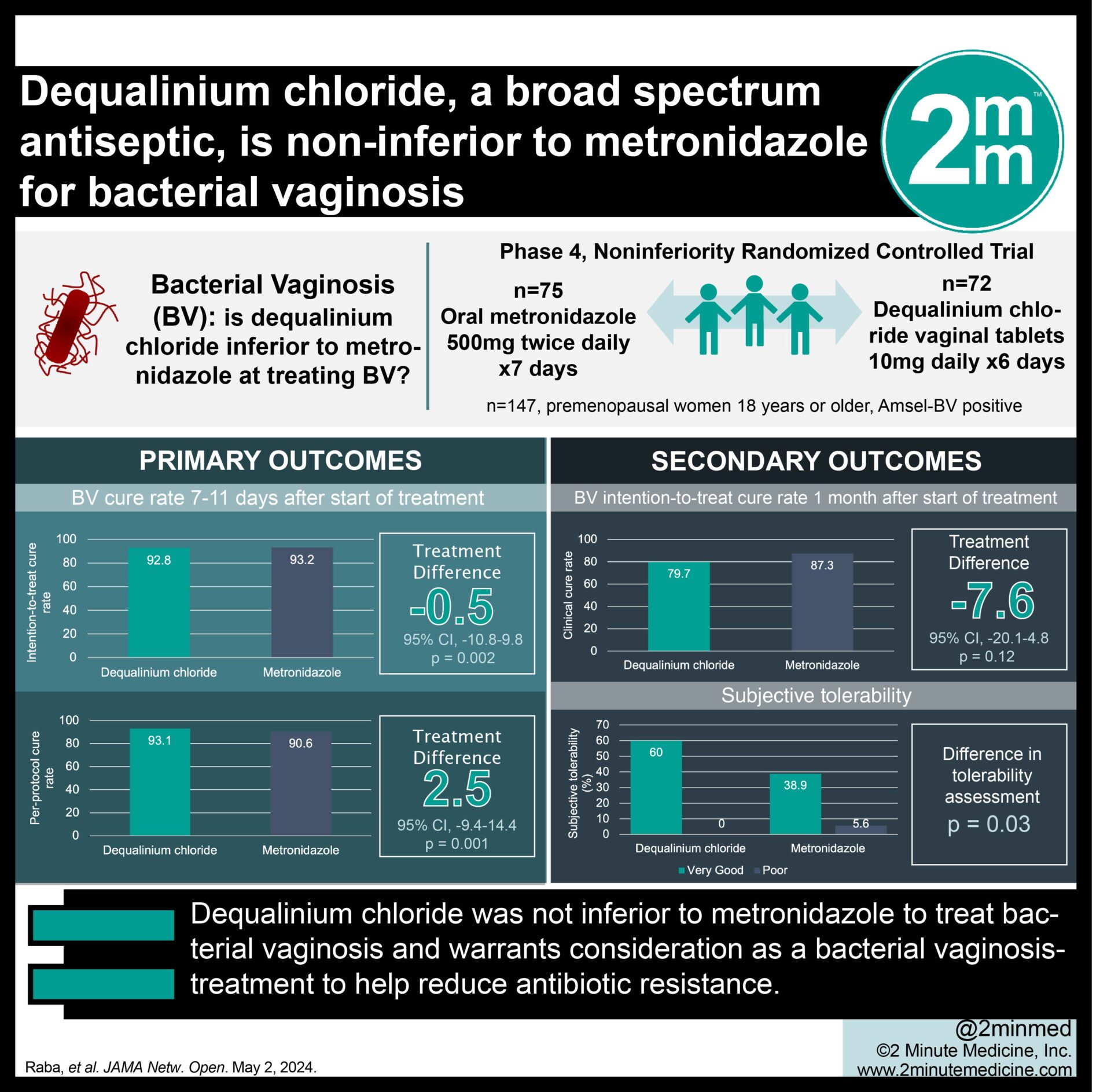A detailed understanding of how host fitness changes in response to variations in microbe density (an ecological measure of disease tolerance) is an important aim of infection biology. Here, we applied dose-response curves to study Aedes aegypti survival upon exposure to different microbes. We challenged female mosquitoes with Listeria monocytogenes, a model bacterial pathogen, Dengue 4 virus and Zika virus, two medically relevant arboviruses, to understand the distribution of mosquito survival following microbe exposure. By correlating microbe loads and host health, we found that a blood meal promotes disease tolerance in our systemic bacterial infection model and that mosquitoes orally infected with bacteria had an enhanced defensive capacity than insects infected through injection. We also showed that Aedes aegypti displays a higher survival profile following arbovirus infection when compared to bacterial infections. Here, we applied a framework for investigating microbe-induced mosquito mortality and details how the lifespan of Aedes aegypti varies with different inoculum sizes of bacteria and arboviruses.Copyright © 2023 Elsevier Ltd. All rights reserved.















